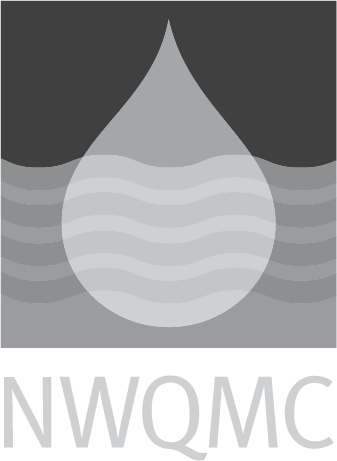Standard Methods: 4500-NH3 G: Ammonia by Automated Phenate
|
Official Method Name
|
4500-NH3 G. Automated Phenate Method |
|---|---|
|
Current Revision
| Standard Methods Online |
|
Media
|
WATER |
|
Instrumentation
|
Automated Spectrophotometer |
|
Method Subcategory
|
Inorganic |
|
Method Source
|
|
|
Citation
|
|
|
Brief Method Summary
|
Alkaline phenol and hypochlorite react with ammonia to form indophenol blue that is proportional to the ammonia concentration. The blue color formed is intensified with sodium nitroprusside. |
|
Scope and Application
|
Ammonia nitrogen can be determined in potable, surface, and saline waters as well as domestic and industrial wastewaters when photometric measurement is made at 630 to 660 nm in a 10- to 50-mm tubular flow cell at rates of up to 60 samples/h. Determine higher concentrations by diluting the sample. |
|
Applicable Concentration Range
|
0.02 - 2.0 mg/L |
|
Interferences
|
Seawater contains calcium and magnesium ions in sufficient concentrations to cause precipitation during analysis. Adding EDTA and sodium potassium tartrate reduces the problem. Eliminate any marked variation in acidity or alkalinity among samples because intensity of measured color is pH-dependent. Likewise, insure that pH of wash water and standard ammonia solutions approximates that of sample. Remove interfering turbidity by filtration. Color in the samples that absorbs in the photometric range used for analysis interferes. |
|
Quality Control Requirements
|
See Section 4020 Quality Assurance/Quality Control. |
|
Sample Handling
|
Most reliable results are obtained on fresh samples. If samples are to be analyzed within 24 h of collection, refrigerate unacidified at 4 degrees C. For preservation up to 28 d, freeze at -20 degree C unacidified, or preserve samples by acidifying to pH < 2 and storing at 4 degree C. If acid preservation is used, neutralize samples with NaOH or KOH immediately before making the determination. CAUTION: Although acidification is suitable for certain types of samples, it produces interferences when exchangeable ammonium is present in unfiltered solids. See 4500-NH3 A. |
|
Maximum Holding Time
|
28 days (acidified or frozen); 24 hours (refrigerated) (See 4500-NH3 A) |
|
Relative Cost
|
Less than $50 |
|
Sample Preparation Methods
|
4500-NH3 B (Preliminary Distillation) |




